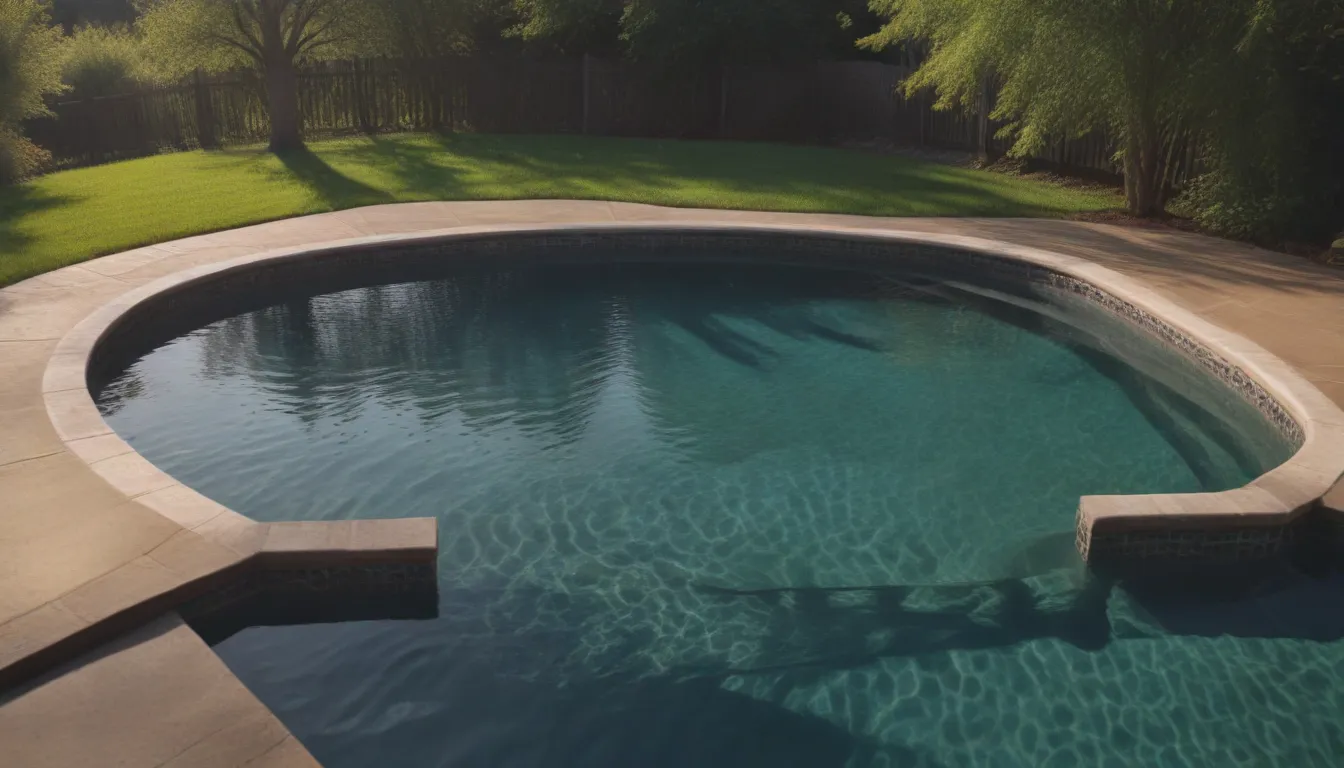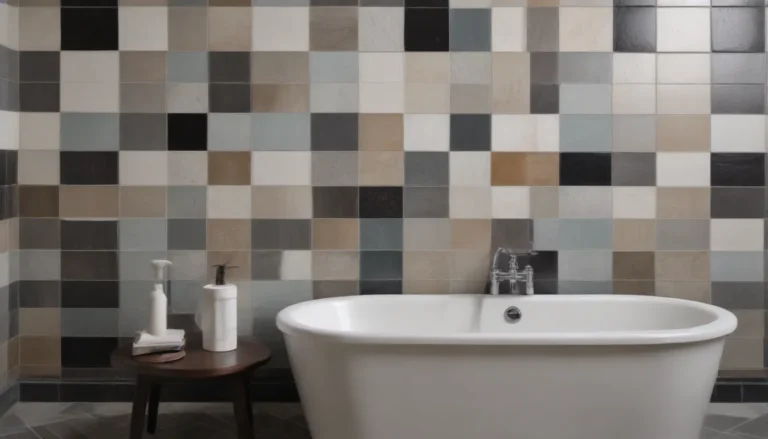Saltwater vs. Chlorinated Pools: Which is Better for Your Pool?

When it comes to maintaining a clean and hygienic swimming pool, the choice between saltwater and chlorinated water can be a tough decision. Both options have their pros and cons, but which one is the best fit for your pool? Let’s dive deeper into the world of saltwater and chlorinated pools to help you make an informed decision.
Saltwater Pool
A saltwater pool utilizes a saltwater chlorine generator to convert bulk salt into chlorine. The chlorine produced by a saltwater pool performs the same functions as traditional pool chlorine, such as killing bacteria and algae, as well as oxidizing dirt and chloramines.
Pros of Saltwater Pools:
- Pure form of chlorine: Saltwater pools produce a pure form of chlorine that is delivered in a controlled manner, reducing irritating byproducts like chloramines.
- Soft feeling water: Users of saltwater pools enjoy the smooth, silky, and soft feeling of the water, akin to swimming in fresh lake or ocean water.
- Lower cost for chemicals: Salt is easy to find and affordable, resulting in cost savings compared to traditional chlorinating tablets.
- Less maintenance: Once set up, maintaining a saltwater pool is fairly simple and requires fewer chemicals.
Cons of Saltwater Pools:
- Bulky chemicals: Starting up a saltwater pool requires a significant amount of salt, which can take up storage space.
- More maintenance: Salt cells need to be cleaned regularly using hazardous chemicals like muriatic acid.
- Corrosion concerns: Saltwater can corrode certain types of pool equipment, like vinyl pools with metal wall panels.
- Safety issues: Users with implanted cardiac devices may experience electromagnetic interference with saline chlorination systems.
Chlorinated Pools
Chlorinated pools are a popular choice for their simplicity, low maintenance costs, and effective sanitization. Chlorine additives are commonly used to keep the pool water clean and free of bacteria and algae.
Pros of Chlorinated Pools:
- Effective sanitization: Chlorinated pools are known for their flawless sanitization and ability to keep the water clean and hygienic.
- Faster sterilization: Chlorine additives work quickly to kill bacteria and algae in the pool water.
- Less expensive startup costs: Chlorinated pools typically have lower initial setup costs compared to saltwater pools.
Cons of Chlorinated Pools:
- Strong smell: Chlorinated pools can have a strong chemical smell that may be off-putting to some users.
- Harsh feeling water: Swimming in chlorinated water can leave skin feeling dry and hair stripped of oils.
- Higher cost for chemicals: Chlorine tablets can be more expensive than salt for ongoing maintenance.
- Chloramine buildup: Chlorine byproducts like chloramines can accumulate in chlorinated pools, leading to water quality issues.
Water Quality and Maintenance
When it comes to water quality and maintenance, both saltwater and chlorinated pools have their advantages and challenges. Saltwater pools offer a softer, more natural swimming experience with lower chemical costs and maintenance requirements. On the other hand, chlorinated pools provide effective sanitization and lower initial setup costs.
Tips for Maintaining Your Pool:
- Regular testing: Monitor the water quality regularly to ensure proper chlorine levels and pH balance.
- Skimmer and filter maintenance: Keep your skimmer and filter clean to remove debris and maintain water clarity.
- Shock treatments: Periodically shock the pool to kill bacteria and algae buildup.
- Proper circulation: Ensure proper water circulation to distribute chemicals evenly throughout the pool.
In conclusion, the choice between saltwater and chlorinated pools ultimately depends on your preferences, budget, and maintenance capabilities. Saltwater pools offer a more natural swimming experience with softer water and lower chemical costs, while chlorinated pools provide effective sanitization and lower initial setup costs. Whichever option you choose, proper maintenance and care are essential to keep your pool clean and inviting for swimmers.
Remember to consult with a professional pool service provider for guidance on converting your pool to saltwater or maintaining a chlorinated pool. By understanding the differences between saltwater and chlorinated pools, you can make an informed decision that best suits your needs and preferences. Let the refreshing waters of your pool enhance your leisure time, whether you opt for the smoothness of saltwater or the reliability of traditional chlorine.





